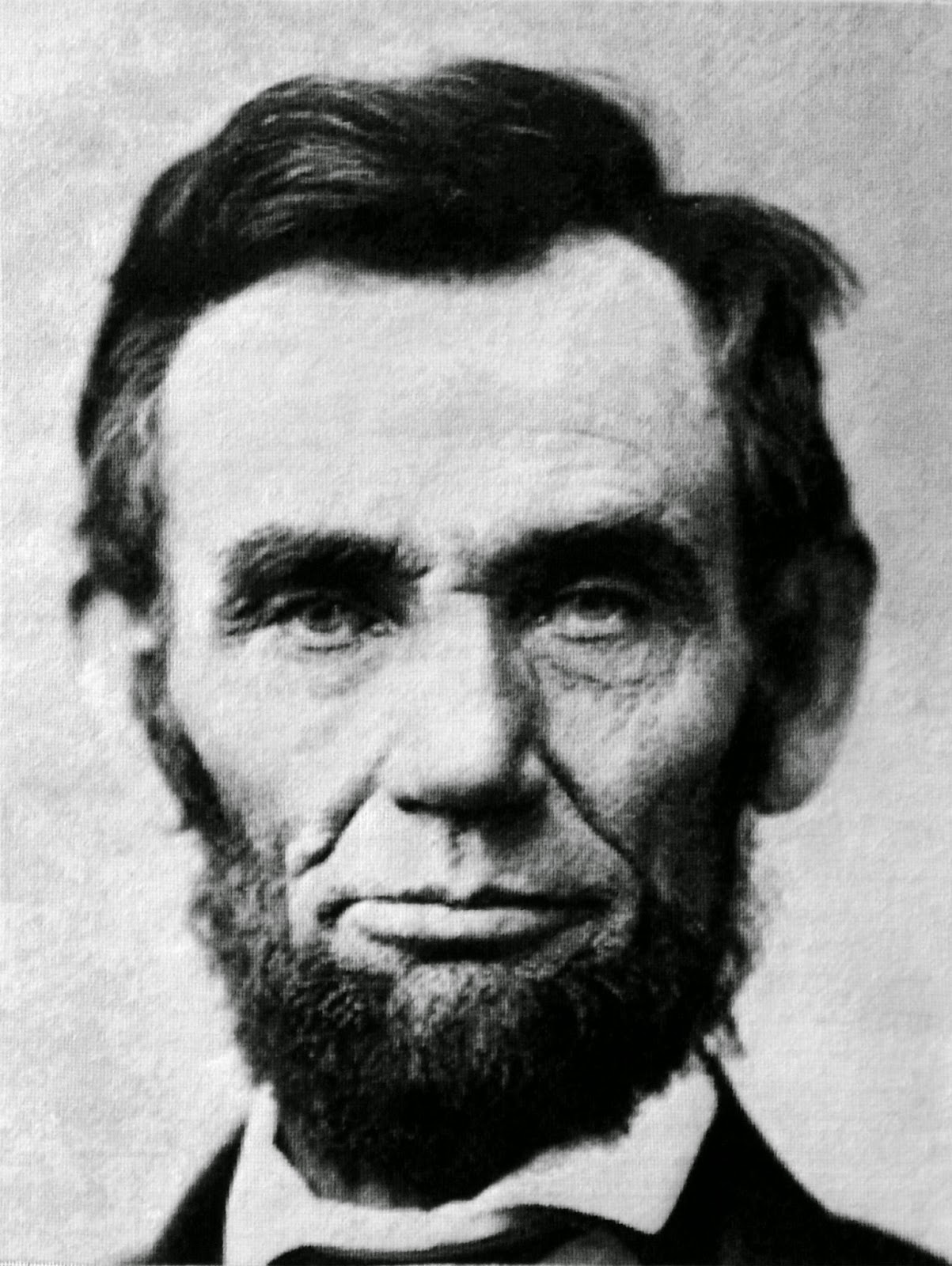Grave of James H. Posey, Riverside Cemetery, Asheville, NC
James H. Posey was a captain for the Union in the American Civil War. It is believed that midway through the war he was chosen to serve as a personal bodyguard to President Abraham Lincoln. Following the war, Posey retired from military service before settling in Asheville, NC, in search of better health. In 1917, Posey passed away from injuries sustained in an accident likely caused by his failing eyesight. - Source
Just hope Posey was not on duty that fateful night at Ford's Theater. Or that he had been!!
 |
| source A Tyrant?? |
During the days of Abraham Lincoln's presidency, the King of Siam and the President corresponded. Thailand's king offered assistance to the Union during America's Civil War, and Lincoln mailed some of his favorite books to the Thai king, who was proficient in English. Some of the correspondence and materials are preserved in a museum in Thailand.
One of our nation's heroes today was once thought of by many to be a tyrant whose assassination would be not only justified, but relished. Some uncovered diaries of Southern Belles of that era actually reveal a stunning amount of admiration for the actor-turned-assassin John Wilkes Booth for his glorious "deed." Let that slosh around in your head a bit. Experiencing some cognitive dissonance?
One thing we are not taught in our schools, communities, families, religious institutions is critical thinking. I sure wasn't. We get bits here and there, but not anything of substance. The questions: How would it benefit us to be critical thinkers? Why does critical thinking upset people? In what ways does not using critical thinking limit us personally and as a society?

No comments:
Post a Comment